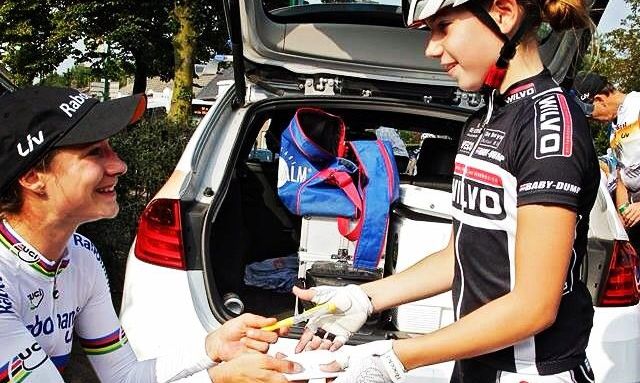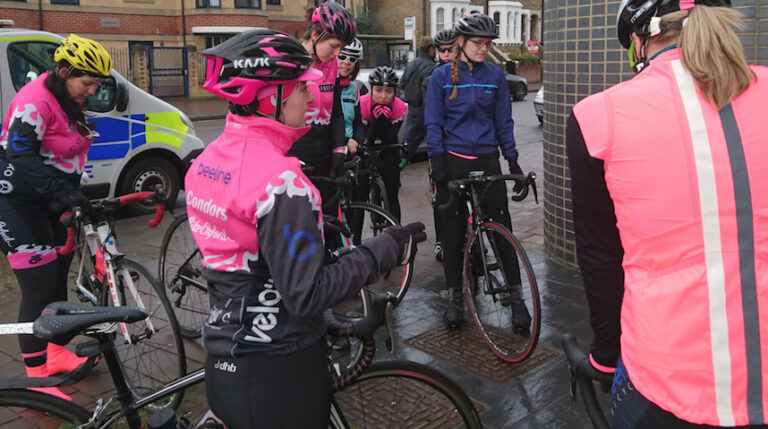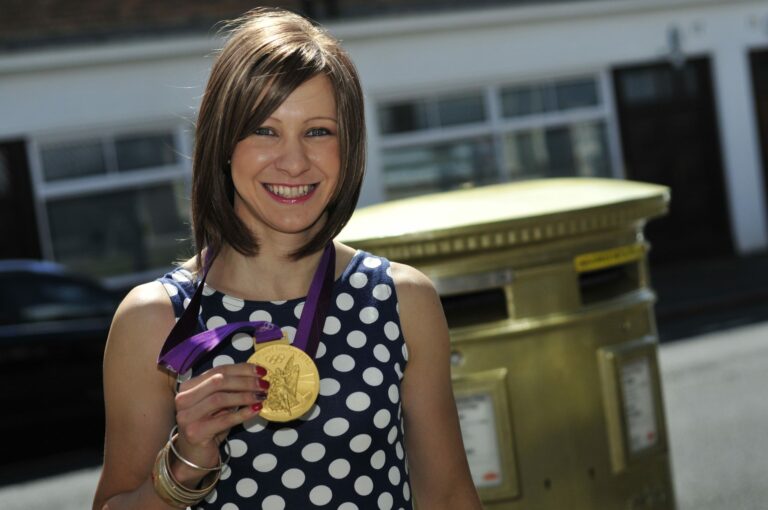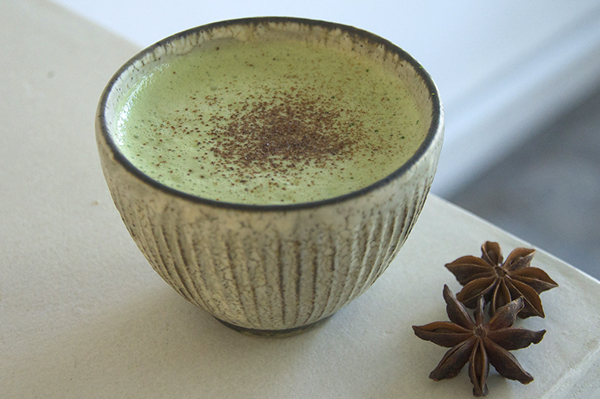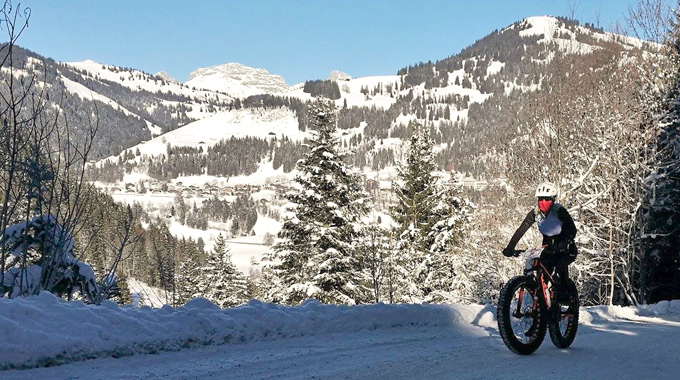The New Year. Intrepid souls around the world settle down with pen and paper (or smartphone and app) to create a list of tasks that will unveil a ‘New Me’. Unfortunately, statistics show that over 40 per cent of resolutions last over a month and over 80 per cent last less than three months.
Well, that’s a lot of ‘New Me’ creations not quite making it out the box, isn’t it? If you want to stick to your resolution, you need to approach it with the right mindset. And a plan.

Over the past month, I’ve had two sessions with Sports Psychology Consultant Dr Josie Perry of Performance in Mind. She has been helping me to plan my own goals for the season ahead as well as sharing common techniques that all TWC readers can try. We’ve still got plenty of ground to cover, and I’ll be bringing more tips and tricks in the coming months.
What is Sports Psychology?

Sports Psychology has become more and more important to athletes in recent years. Or rather, it’s always been important – but the benefits are becoming more widely understood. Professor Steve Peters, author of the Chimp Paradox (READ IT!) famously worked with Sir Chris Hoy and Victoria Pendleton, having a dramatic effect on both of their careers and Megan Guarnier recently told us she has worked with a sports psychologist “for years”.
At the dawn of our first session, Dr Perry she explained: “Most Sports Psychologists work from the same perspective, that it’s a version of cognitive therapy – it’s very practical, and only works if you do the homework – it’s not what you see from therapy at the movies where someone’s lying on a couch talking for hours. It’s much more practical, looking at specific issues and how to overcome them, or strengths you’ve got and how to extend them.”
Pro-Files: Megan Guarnier on the Importance Sports Psychology
So far, we’ve mostly looked at goal setting – here are just a few of the useful nuggets worth considering as you set out on the journey to realise your potentioal in 2017…






